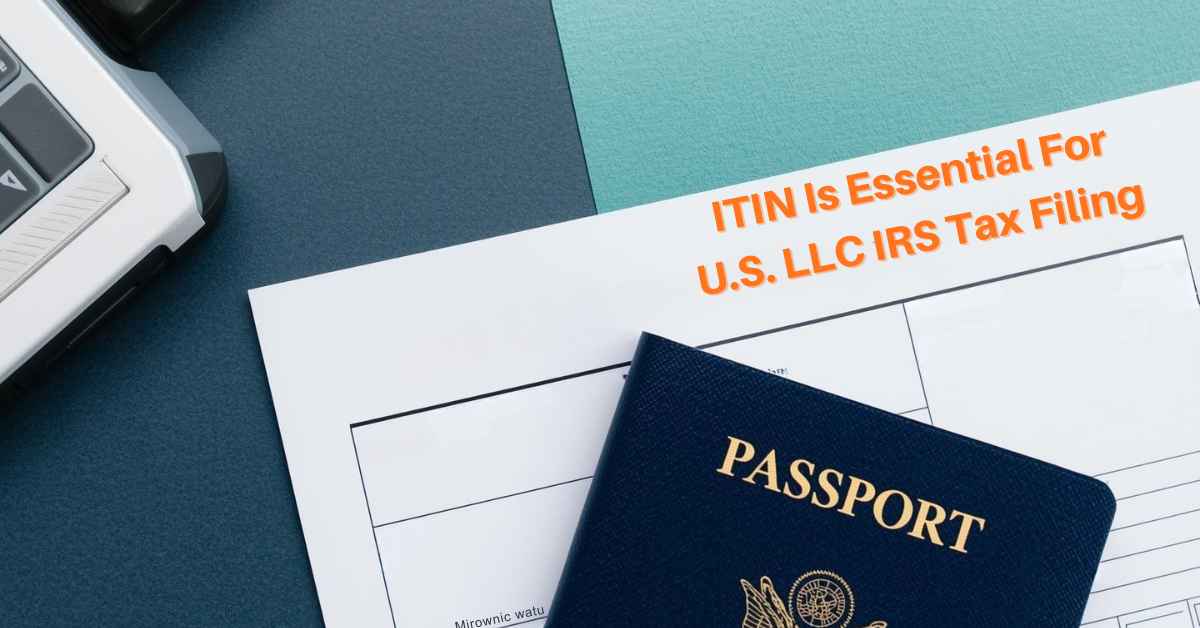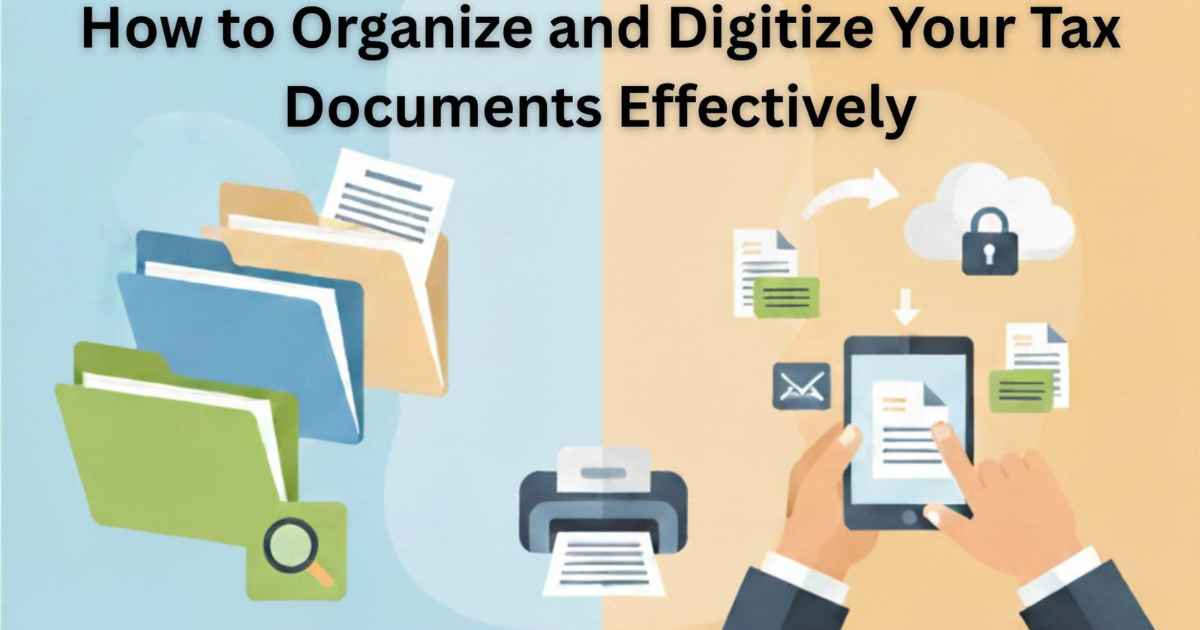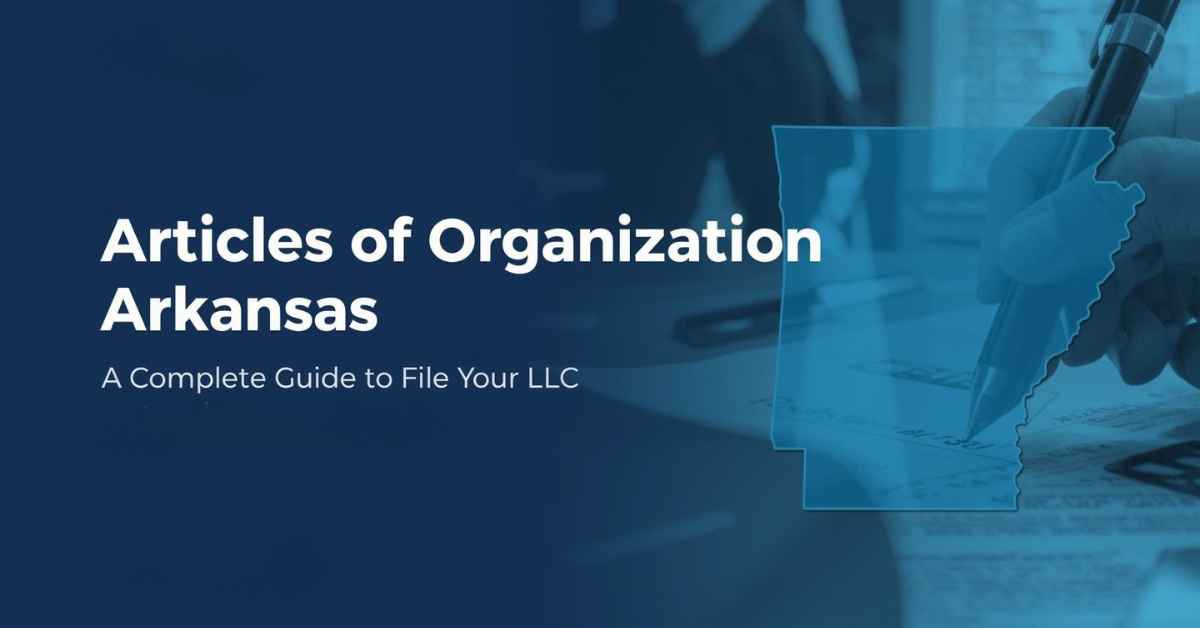If you are a business owner, paying taxes is one of the headache moments of being an owner that you must do annually. Moreover, following up the tax filing deadline for LLC is even more important as missing deadlines might cost you hugely.
As a Limited Liability Company (LLC) owner, you might be required to file multiple forms such as Form 1065, Form K-1, Form 1040, and more.
Many companies pay hundreds or thousands of dollars by missing the annual tax filing deadline for LLCs. So, to prevent yourself from being one of them, you will know the tax filing forms and their deadlines in this article.
How does an LLC file its taxes?
Owning an LLC certainly prevents you from double taxation as although your state sees your business as a corporation, the Internal Revenue Service (IRS) sees it as a sole proprietorship or a partnership if the business has multiple owners.
LLC owners aren’t required to pay corporate income taxes they have to file annual tax reports to the IRS by filing IRS in-built tax forms.
IRS LLC Tax Deadlines
1. Form 1065 (March 15 of every year)
Form 1065 must be filed by the LLC owners and other domestic partnerships. The owners can also file Form 7004 to receive a tax filing extension till September 16.
2. Form K-1 (March 15 of every year)
Form K-1 must be filed by the LLC owners and other entities that pass through taxes to their partners. The partnerships typically are not required to pay taxes on profits or losses but must declare them on their returns. Form K-1 should be filed on the same day of filing Form 1065 on March 15, 2024.
3. Form 1040 (April 15 of every year)
Sole proprietors are required to file Form 1040 also known as Schedule C to report the profit and loss of a business annually.
Corporate Tax Deadlines
1. Form 3921 (February 28 of each year)
Corporations that have employees shall file Form 3921 to pay an annual tax. The corporation has to file Form 3921 for each employee who exercised an ISO.
The deadline for filing Form 3921 online is April 1. Likewise, in case of late filing, the corporation will be penalized with $60 per form.
2. Form 1120-S (March 15 of each year)
Form 1120-S is required for S Corporation to file on March 15 of each year. However, C Corporation needs to file the same Form 1120-S on April 15.
S Corporation can apply for an extension date by filing Form 7004 which will extend till September 16 of the same year.
3. Form 1120 (C-Corporation(April 15))
C-Corporation is required to file Form 1120 by the deadline of April 15. Similar to S Corporation, C Corporation can also file Form 7004 to extend the deadline for filing till September 16 of the same year.
Information you’ll need to file a tax report
Personal Information
- Social Security Number or individual tax ID number (ITIN)
- Bank account number to pay by direct deposit
- Your adjusted gross income (AGI) and exact refund amount from your last tax return
- Your name with the Social Security Administration (SSA)
- Your current address (if changed you have to notify the IRS)
- If you filed a tax report online last year, your self-select PIN
Income documents
- Paycheck stubs
- Statements from banks, payment apps, or online marketplaces
- Checks paid to you
- Records of digital asset transactions
- Unemployment compensation
Penalties for not filing the Tax report by the IRS
- To be clear, if you don’t file your taxes on time, you get a penalty called failure-to-file penalty. This is 5% of the unpaid taxes going up each month or a fraction of it when the tax return isn’t submitted in time. As for the failure to pay penalty, this one is capped at a maximum of 25%.
- If within a single month, you have failed both to file and pay penalties, then for such a particular month the failure-to-file will be reduced by the failure-to-pay amount. This would lead to a total charge of 5% for each month that your return was late.
- This happens after the Failure to File penalty has not been paid in five months. Failure to Pay continues until tax is paid, not exceeding 25% of unpaid tax on the due date.
How EasyFiling can help?
Filing tax forms can be a complex process as it requires several steps and hours to complete without issues.
With EasyFiling’s bookkeeping and tax service, you won’t have to prepare and file tax forms including, Form 5472, Form 1040NR, Form 1065, and Schedule K1. EasyFiling will handle all of these form preparation and filing without losing your precious time or missing the deadline and paying fines to the IRS.
Frequently Asked Questions (FAQs)
What is an LLC’s income tax filing deadline?
Income tax filing deadlines vary depending on LLC’s type of taxation. The most common situations are as follows:
- Multi-member LLCs that choose partnership taxation must file by March 15th.
- Single-member LLCs with sole proprietorships and corporations usually file by April 15th.
Can I get an extension on my Limited Liability Company’s income tax filing due date?
You can extend its deadline through:
- Partnerships (Form 1065) using Form 7004 can go up until September 15th
- Corporations (Form 1120) can get extensions until October 15th if they use Form 7004 as well.
- Sole proprietorships (Form1040 Schedule C) extended till October
What happens if I miss my LLC’s income tax deadline?
Missing out the deadline for submitting your taxes may attract penalties and interest. The IRS imposes civil penalties associated with failure to file, which can be quite high. Therefore, proper filing should always take place and there should also be requests for more time if need be.
What can I do to make sure that my LLC does not miss its income tax filing due date?
To stay on top of the deadline:
- Keep track of important dates by setting reminders.
- Engage a pro who will ensure that all paperwork is ready and submitted on time.
- Throughout the year, your financial records must be kept organized.
Does an LLC have special rules for state tax filing deadlines?
There are different due dates for state tax filings. Every state has its time frame and conditions as far as payment of taxes is concerned since federal deadlines are fixed. Get in touch with your state’s revenue authority to understand more about specific due dates and requirements.
File Your LLC Today
25$ off with a coupon
Lock in EasyFiling's transparent rates and get lifetime compliance support at no extra cost.
Get Started Now







